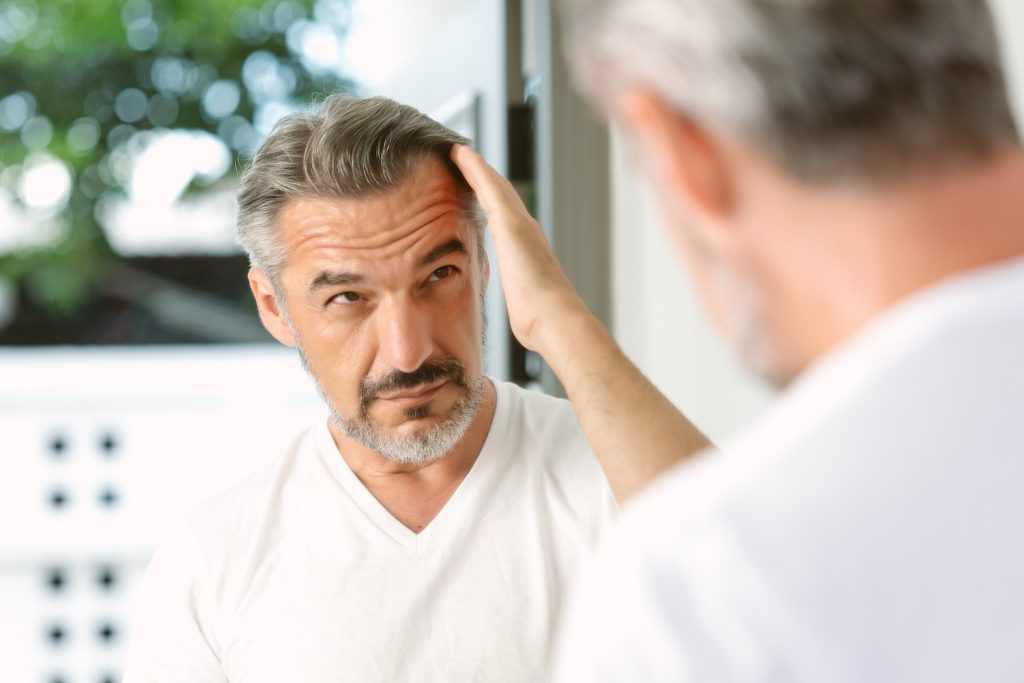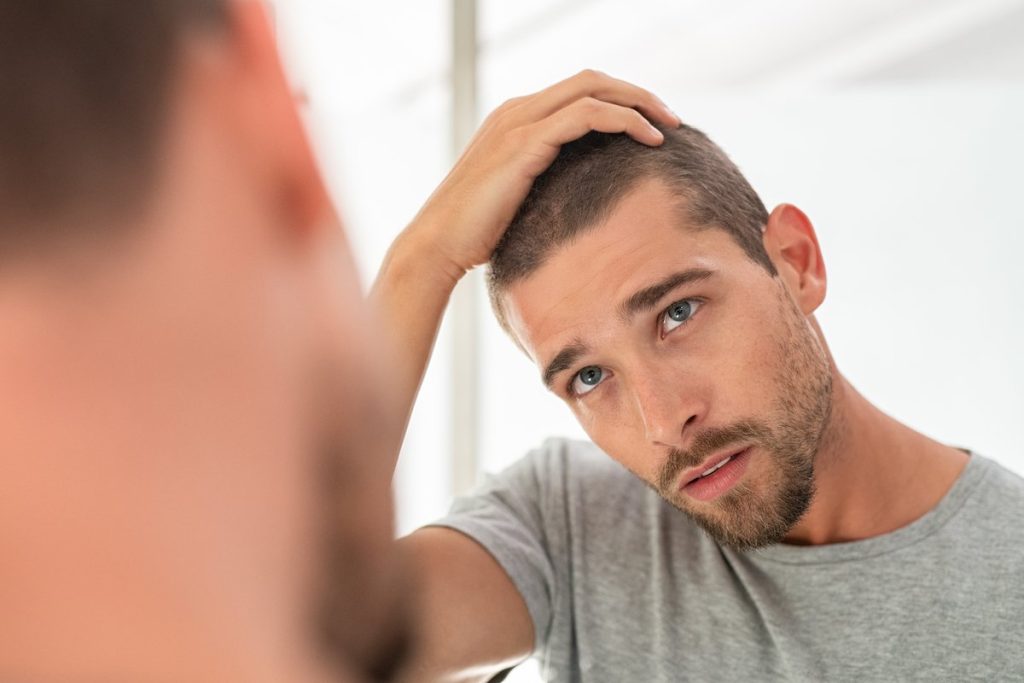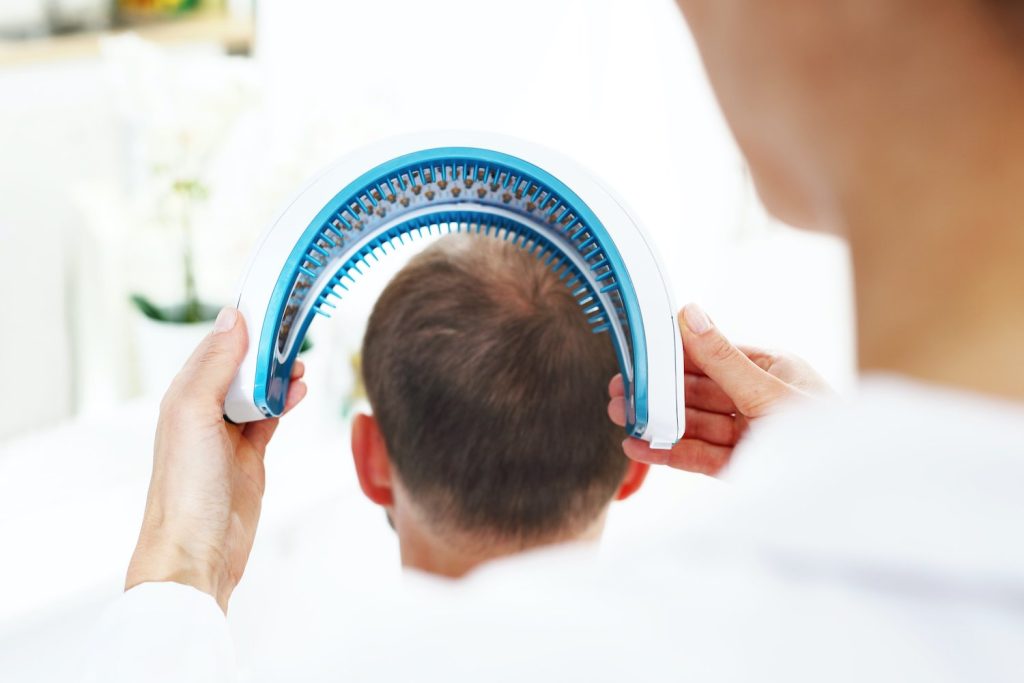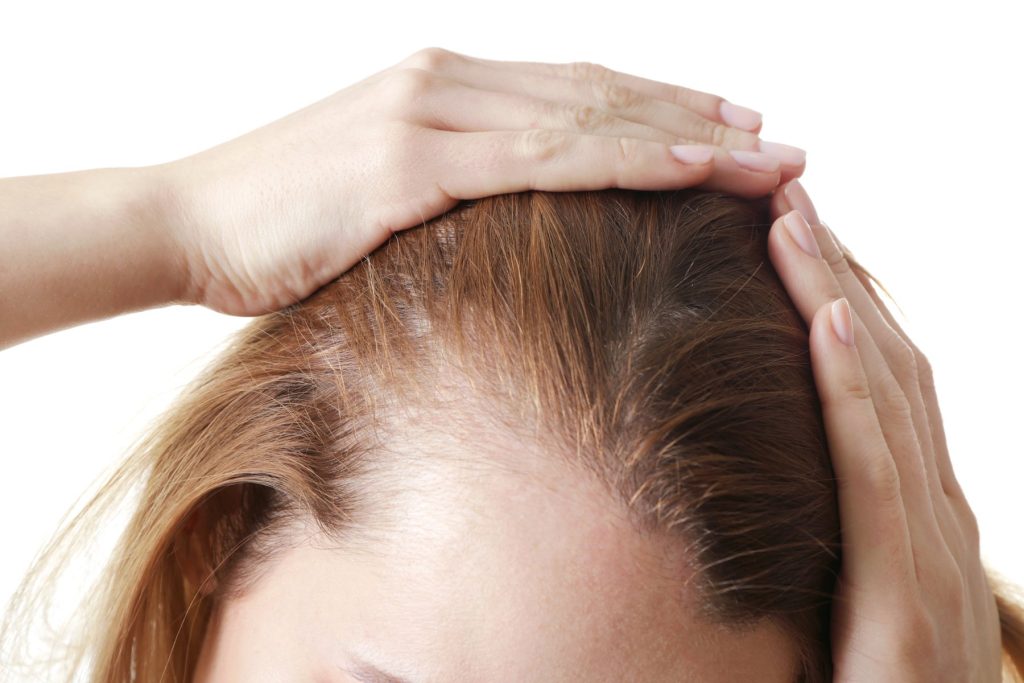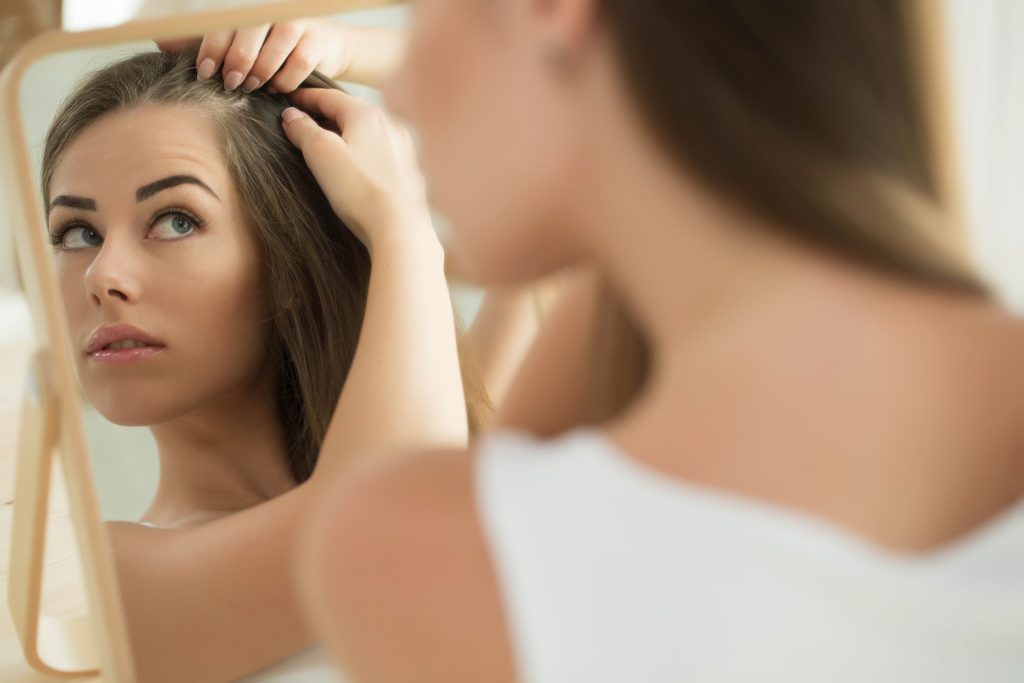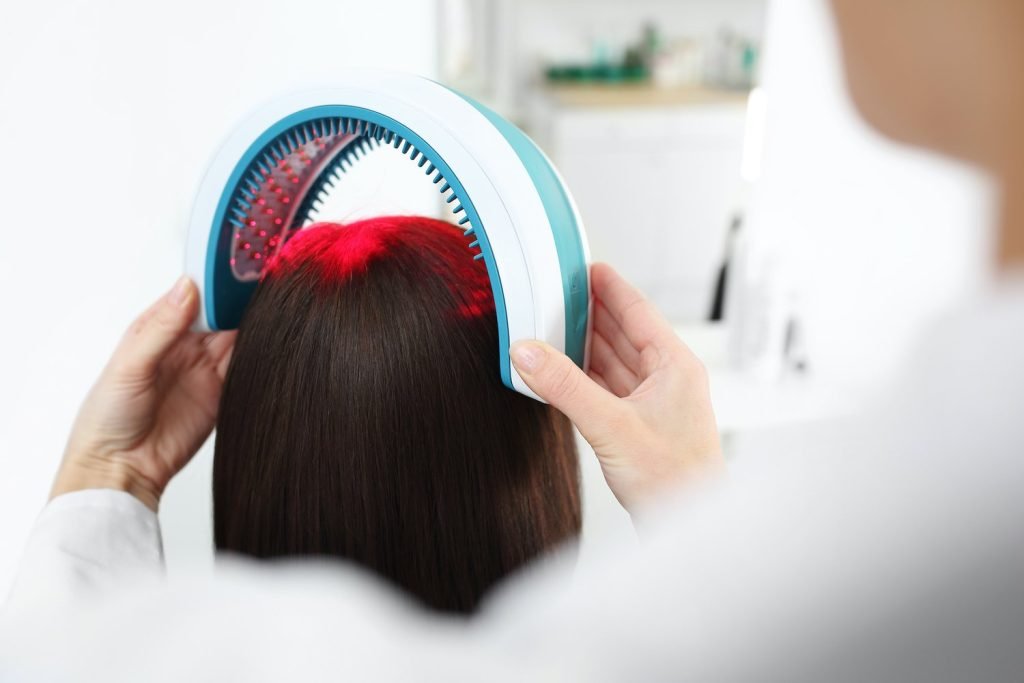- Hairline Clinic - Hair Loss Treatment in Akron and Cleveland Ohio - Schedule FREE Consultation
- 330.285.4815
- CONTACT US
5 Ways for Women to be Kinder to Their Hair
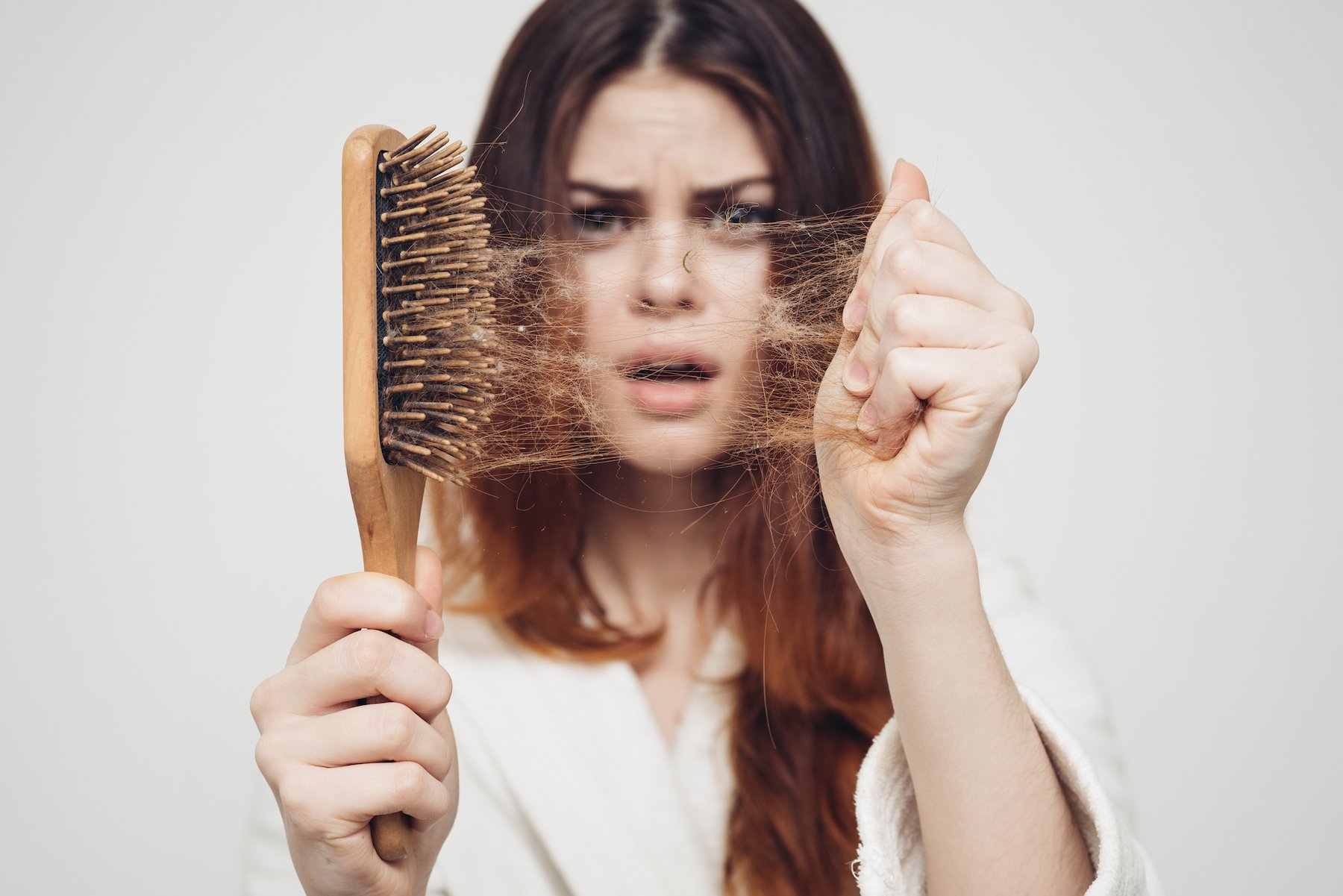
Just as one exercises and follows good nutrition habits to ensure a healthier body and skin, there are proactive ways to ensure stronger, healthier hair.
Women’s hair loss conditions have become more prevalent in recent years. Many hair loss treatment clinics specialize in women’s hair loss solutions. While much of hair loss is due to circumstances outside one’s own control, such as genetics, there are several ways in which women can proactively address the health of their hair:
Wash, condition, and dry your hair the right way. How you treat your hair on a daily basis depends on knowing your hair’s relative condition, specifically if it’s oily or dry or somewhere in between. Perhaps with the advice of a stylist who can assess that objectively, pick your shampoos and conditioners accordingly. Where it comes to drying after shampooing, the kindest means for your hair is for it to dry on its own with only the light, non-tugging use of a cotton towel (some use microfiber towels or 100% cotton tee shirts, which cause less friction).
How you style your hair matters. After your hair is dry, specific styling considerations can greatly affect hair health. For example, tight braiding can cause breakage at the roots, not only pulling out strands of hairs but also introducing the opportunity for infections that can lead to permanent loss. Pins and clips, if used in the same exact place on the same strands of hair every day, can have a similar effect, so add some variety to how you wear (pin/clip) your hair. If you dye it, stay within just a few shades of your natural color (avoid the bleached-frizzes look). Use of perms, straightening irons and curling wands all are potentially harmful if overused. Hair worn long should get a trim every few months to eliminate the scraggly, dead-ends look.
Eat and drink for your hair. In its growth phase, hair is every bit as affected by the quality of your diet as are skin, nails, and the rest of your body. Made primarily of protein (keratin), it’s smart for anyone interested in healthy hair to eat leaner meats and poultry, and especially fish that also carry beneficial omega-3 fatty acids (salmon, sardines, anchovies, halibut, herring, mackerel, tuna, and fresh Bluefin tuna). Additionally, foods with higher zinc content – many vegetables (mushrooms, peas, spinach, beans, lentils, asparagus) and fruits (avocados, blueberries, blackberries, pomegranates, raspberries, guava, cantaloupe), as well as nuts (Brazil nuts, walnuts, pecans, cashews, almonds) – in combination with Omega-3s, stimulate hair follicles and overall improve scalp health.
And while water is good for just about everything, including hair, heavy alcohol consumption is associated with nutritional deficiencies that could impair hair growth. In a similar vein, yo-yo dieting (up and down weight gain/loss), and eating disorders – each of which drive nutritional deficiencies – can be deleterious to healthy hair.
Medications, medical conditions that affect hair loss. Some drugs are directly associated with hair loss. They are acne medications containing vitamin A, antibiotics and antifungal drugs, antidepressants, birth control pills, anti-blood clotting drugs, cholesterol lowering drugs, chemotherapy and radiation as a cancer treatment, and drugs that suppress the immune system. Hair loss might be secondary to the illnesses these address, and in most cases the hair loss is temporary until the medication is discontinued.
Reduce stresses for your tresses. According to the Mayo Clinic, emotional stress is associated with three types of hair loss: Alopecia areata (when the body’s immune system causes hair follicles to fall out in irregular patches of the scalp); telogen effluvium (when emotional upset forces a large portion of hair follicles to go into a resting phase and eventually fall out); and trichotillomania (when the individual pulls hair out of the scalp, eyebrows or other parts of the body).
In general, a healthy life translates into healthy hair. Not all illnesses can be prevented, of course, but it helps to at least understand when and why that happens – and to plan for a return to health in the best ways possible.
We provide individualized hair loss treatments and solutions for women at our hair loss treatment clinics in Cleveland and Akron Ohio.
If you are a woman suffering from hair loss conditions, we provide industry-leading, individualized hair loss treatments and hair loss solutions to women in Cleveland and Akron, OH. Schedule a FREE confidential consultation and evaluation at our Akron Hair Loss Treatment Clinic or our Cleveland Hair Loss Treatment Clinic by calling 330.633.5225 today!
Hair Loss Treatments
Men's Hair Loss Solutions
Women's Hair Loss Solutions
Men's Hair Loss Solutions
Ready for change? Call our hair loss experts at (330) 285-4815 to schedule a FREE appointment.
HairLine Clinic is an industry leader providing individualized hair loss treatments to men and women experiencing hair loss in Akron and Cleveland, Ohio.


